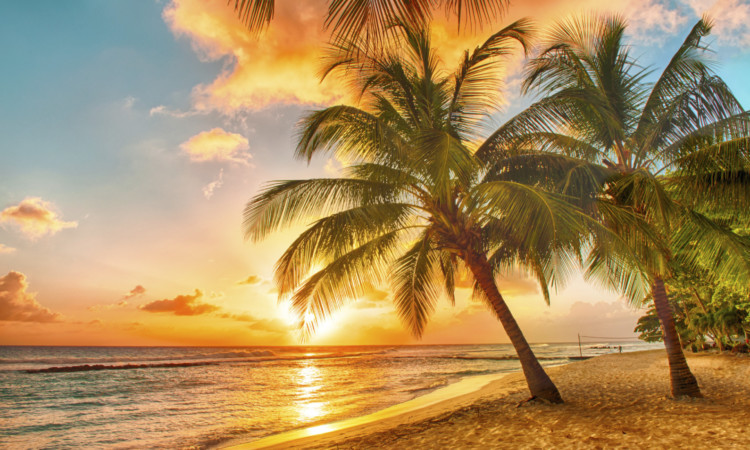
AFFLUENT Britons are upping their spending on expensive luxuries such as travel, gourmet dining and sparkling wine as the cautious recession-era “lipstick effect” fades away, an annual study has found.
Confident higher-earners gave the holiday market a 6.5% boost last year to reach an estimated £39.9 billion, while the leisure and entertainment market rose by 3.7% to £30.22 billion, analysts Mintel said.
A “quality over quantity” mindset in relation to alcohol has also seen a 14% lift in volume sales of sparking wine to reach £1.3 billion.
However the beauty market, which enjoyed increased spending from the “lipstick effect” as shoppers treated themselves with smaller “feel good” treats, suffered the first decline – of 0.2% – recorded by Mintel since it began collecting comparable data in 1999.
Just 17% of consumers said they would buy themselves a beauty or personal care product as a treat compared to more than a quarter (27%) who said they were most likely to buy themselves a holiday.
Mintel said “the two-track recovery is still very much alive and kicking” with almost four in 10 of those with a household income of £50,000 or over saying they feel better off compared to a year ago, compared to just 16% of those with an income of less than £9,500.
Mintel senior consumer and lifestyles analyst Ina Mitskavets said: “Britain’s economic growth over the last few years has outstripped many other major economies, and wages have been rising above inflation.
“Whilst there has not been a big improvement in overall consumer confidence, better-off Britons are clearly pulling away from the rest. Higher earners feel more confident about their finances and show more willingness to spend across more indulgent categories, such as leisure, holidays and foodservice.”
Overall, the study found that total consumer spending reached £1,126 billion in 2015, an increase of 1.7% on the year before.
One in four Britons (26%) say they are better off compared to a year ago, 53% say they are about the same and 20% believe they are worse off.
However, the increase in big-ticket spending comes as the social stigma of appearing “cheap” appears to be disappearing.
Just 28% of Britons do not like to be seen as frugal, Mintel found, and 73% said they “love the thrill” of finding a bargain.
Ms Mitskavets said: “The savvy shopping mentality is still firmly entrenched in the UK today. If anything, it has been reinforced by the widespread discounting and price wars across a variety of sectors in the post-recession years.
“Scoring discounts has evolved from a chore into a form of entertainment, or even a full-fledged hobby.”
READ MORE
Britons spend as long mulling house offer as they do considering shoe purchases

Enjoy the convenience of having The Sunday Post delivered as a digital ePaper straight to your smartphone, tablet or computer.
Subscribe for only £5.49 a month and enjoy all the benefits of the printed paper as a digital replica.
Subscribe